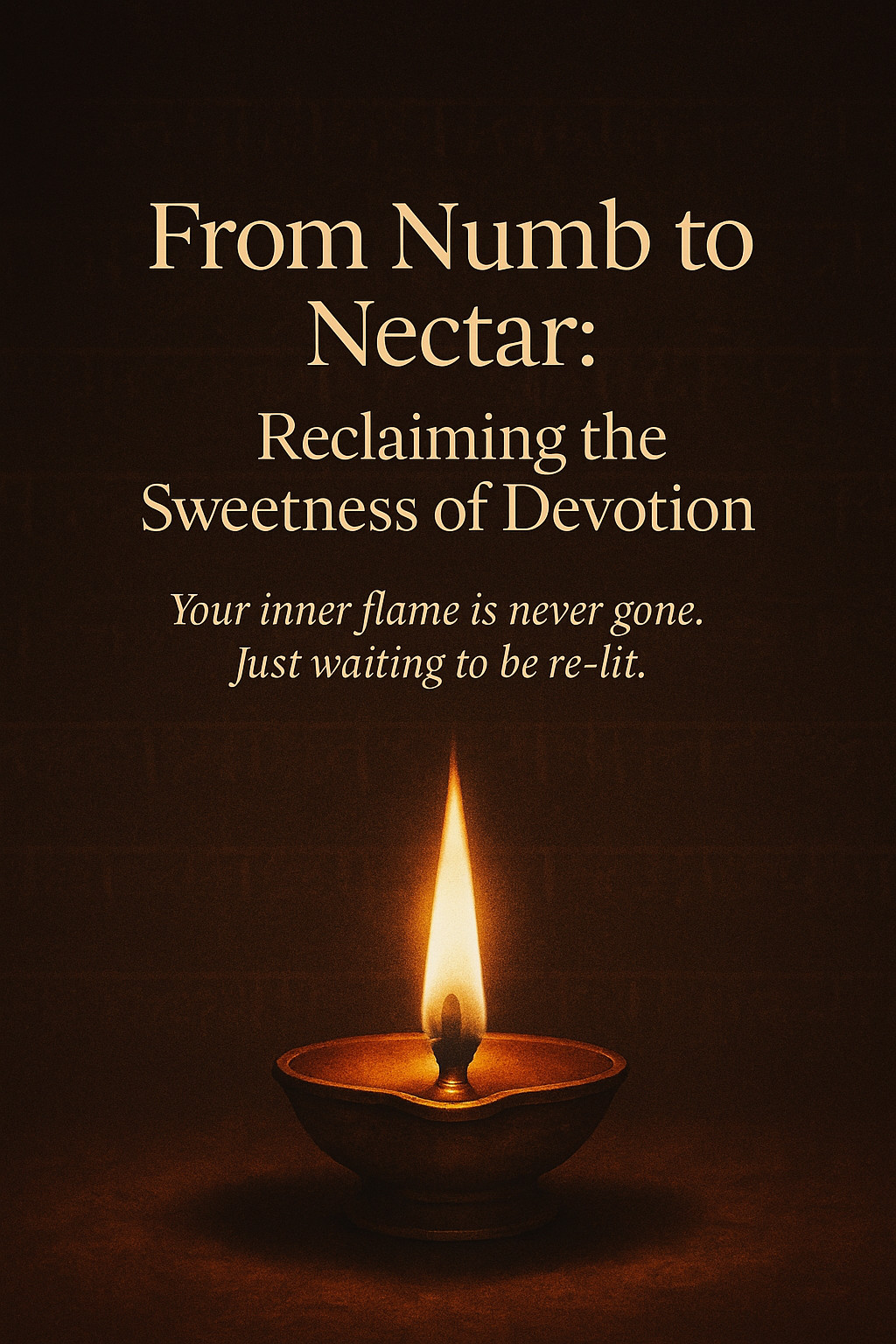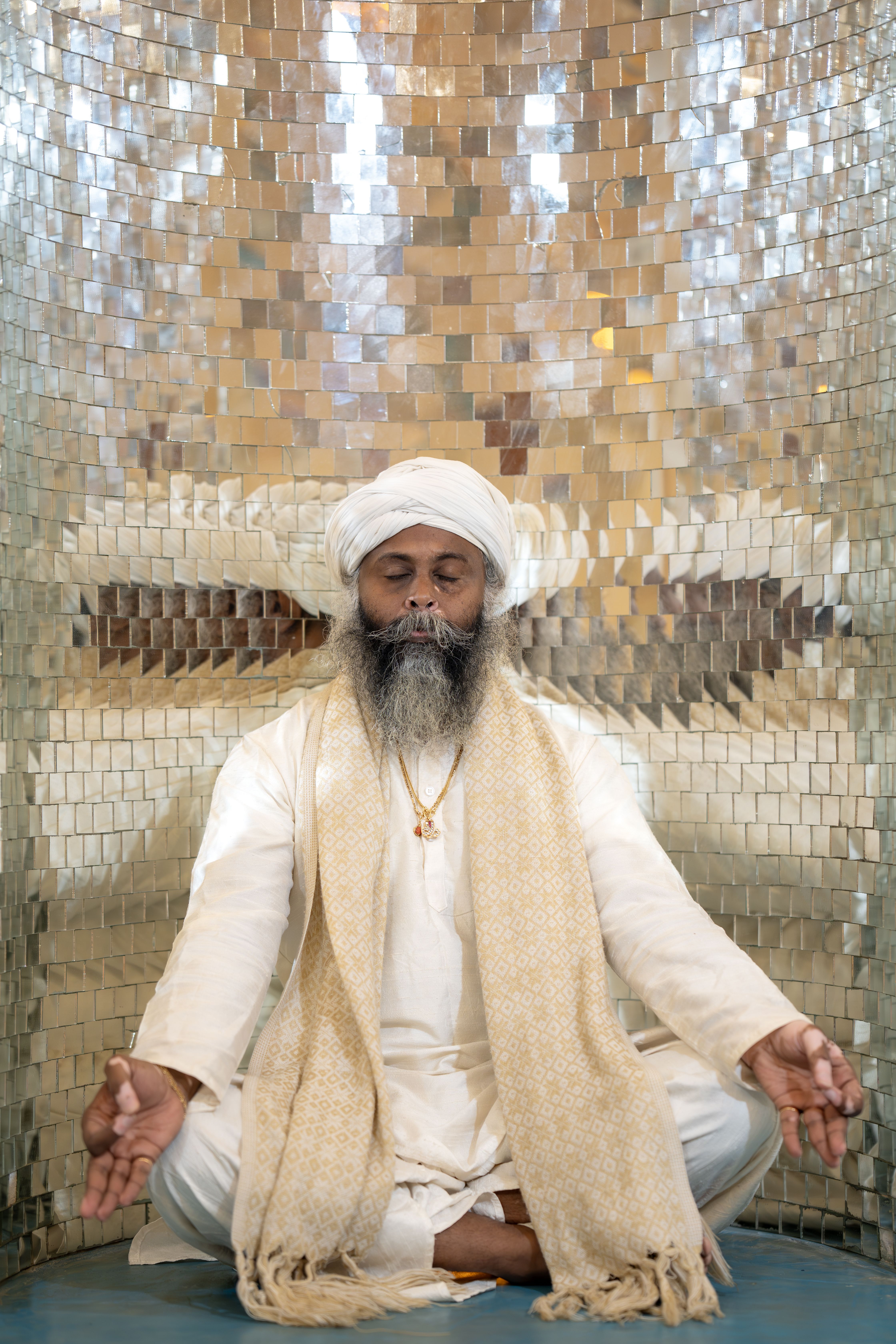The article explores the profound implications of saying "I’m in love with you," emphasizing that these words convey more than just affection for another person. Drawing inspiration from Ram Dass, it suggests that the person we love acts as a mirror, reflecting and awakening the boundless love that already resides within us. This perspective shifts the focus from seeing love as something given or taken by another to recognizing it as an intrinsic part of our own being, merely unlocked by the presence of the other person.
Viewing love this way transforms our relationships into journeys of self-discovery, where partners act as catalysts for accessing deeper parts of our own heart. It encourages a shift away from attachment and fear, instead inviting an expansive, unconditional way of loving that is not reliant on the other's actions or presence. By acknowledging that the love we feel is our own, the experience of being "in love" becomes not just a connection with another person, but a profound connection with our own capacity for love.
The teachings of Ram Dass highlight love as a spiritual practice, wherein each relationship becomes a chance to explore and expand the depths of our own heart. This understanding allows us to appreciate our partners for the transformative role they play in our lives, helping us remember that at our core, we are beings of love. By recognizing this, we are able to approach love with gratitude and freedom, reveling in the miracle of connection that brings us closer to the divine essence within ourselves.
Read more...In Vedic astrology, the 27 Yogas are crucial planetary combinations that significantly influence a person's life experiences. These Yogas are derived from the Moon's position relative to the Sun, each characterized by distinct influences. For instance, Vishkambha signifies strength and a prosperous life, while Priti encourages love and friendship.
Some Yogas, such as Ayushman and Saubhagya, promote health, longevity, and fortune, whereas others like Atiganda and Shoola indicate challenges and potential conflicts. Yogas like Shobhana and Dhriti emphasize beauty and mental calmness, respectively. Meanwhile, Harshana and Siddhi encourage joy and accomplishment, showcasing the diverse spectrum of effects these Yogas can have.
Consulting an experienced astrologer is essential for understanding these Yogas as they can interpret them based on an individual's specific birth chart. Such insights can provide clarity on personal strengths, challenges, and opportunities rooted in the unique interplay of celestial bodies.
Read more...The blog post delves into the intricate Indian timekeeping system known as the Panchanga, a Vedic calendar deeply rooted in the science of Vedanga Jyotisha. Panchanga goes beyond measuring time, acting as a cosmic guide that aligns human activities with the celestial movements. It encompasses five critical components—Tithi, Vara, Nakshatra, Yoga, and Karana—which collectively guide the determination of auspicious times for rituals, festivals, and significant life events.
The Panchanga intricately balances lunar and solar computations to provide a comprehensive understanding of time, influenced by Vedic astronomy’s meticulous observations. Each of the elements, from the lunar days (Tithi) to planetary influences (Vara), contributes to understanding daily life and spiritual practices, offering a profound connection to cosmic forces. Historically, these elements have been employed to predict eclipses and solstices, demonstrating a sophisticated grasp of the cosmos in ancient Indian culture.
Moreover, the Panchanga plays a vital role in determining muhurtas, or auspicious times, for important events like weddings and religious observances, thus harmonizing human actions with universal rhythms. It serves as both a practical and spiritual tool, emphasizing the importance of aligning individual lives with the rhythms of the universe to foster harmony and spiritual growth. The Panchanga not only serves as a measure of time but also acts as a spiritual compass, underscoring the connection between the macrocosm and microcosm, and promoting a life in harmony with cosmic dharma.
The Panchanga, an ancient and intricate Indian calendar system, offers a sacred approach to timekeeping grounded in Vedanga Jyotisha, a science of Vedic astronomy. Differing from modern calendars that simply track days and months, it serves as a cosmic guide that aligns human life with celestial movements. The Panchanga comprises five elements: Tithi (lunar day), Vara (weekday), Nakshatra (lunar mansion), Yoga (astral combination), and Karana (half lunar day), all of which determine auspicious moments for various activities like rituals and travel.
Embedded deeply in the Vedas, the Panchanga reflects an ancient integration of spirituality and science, offering a pathway to live in harmony with the cosmos. It incorporates both lunar and solar calculations, creating a comprehensive timekeeping system essential for planning major life events and daily routines. This system was originally rooted in astronomical observations, with ancient sages using it to foster a life aligned with universal rhythms.
The Panchanga is intricately woven into the daily and spiritual lives of many in India, guiding people in selecting auspicious timings for significant events such as weddings and festivals. Its use encourages a harmonious lifestyle that aligns personal actions with cosmic energies, illustrating a deep connection between the macrocosm and microcosm. By embracing the Panchanga, individuals are reminded that time is a living rhythm, inviting them to partake in the cosmic dance of the universe.
Read more...Navaratri, the nine-day festival celebrating the Divine Feminine, begins with the worship of Shailaputri, "daughter of the mountain." As an embodiment of the root chakra, Shailaputri symbolizes grounding and stability, much like the mountains she represents. Her energy teaches resilience and encourages us to connect with our roots as we embark on spiritual journeys.
On the first day of Navaratri, Shailaputri's energy helps establish a stable foundation for spiritual growth. Worshiping her reminds us of the importance of remaining grounded in our values and principles, providing the nurturing and protective energy needed to overcome life's challenges. This day marks a time for cleansing and focusing on the Muladhara Chakra, strengthening our connection to the earth.
Devotees honor Shailaputri with rituals and mantras, seeking her blessings for strength, stability, and determination. By wearing red and offering raw grains and pure ghee, they invite the Goddess's nourishing energy into their lives. Shailaputri's presence on this day sets the tone for the rest of Navaratri, guiding us towards resilience and spiritual enlightenment.
Read more...Invisible loyalties within family systems often lead individuals to unconsciously replicate the same narratives across generations, whether it’s experiencing loneliness, divorce, or familial diseases. These patterns, driven by a concept known as "good conscience," compel individuals to follow family paths out of a sense of duty or tradition, resulting in what is referred to as "blind love." The blog post explores how one can break free from these cycles by embracing "bad conscience," not as wrongdoing but as a step towards individuation and "enlightened love."
"Enlightened love" empowers individuals to craft their unique paths, moving beyond family expectations. To achieve this, individuals are encouraged to stop criticizing their family systems and instead practice acceptance and understanding of their family members. Honoring ancestors for their efforts, practicing daily gratitude, and embracing life with humility are key steps in connecting with this enlightened form of love and breaking the cycle of repeating family history.
By recognizing and honoring both the light and dark aspects of family history, individuals can liberate themselves from its relentless repetition, as noted by Bert Hellinger. This process allows one to build a personal legacy driven by enlightenment and self-determined love. Ultimately, this approach offers the freedom to shape one's destiny differently, fostering personal growth and fulfillment.
Read more...
